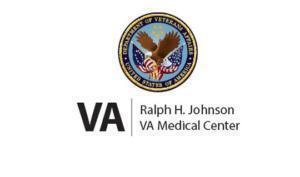News
Tips for Veterans dealing with PTSD during 4th of July Fireworks
By: Ralph H. Johnson VA Health Care System
Fireworks are used to celebrate many events, from holidays to music concerts and sports. Even though fireworks are meant to entertain us, it is not uncommon for the sounds, intense light or smells to cause distress for Veterans suffering from PTSD.
Those who have gone through a trauma that included explosions, gunfire, loud noises, or fire may be more likely to find fireworks to be a reminder—a trigger or cue—of such past events.
For Veterans, fireworks may cue memories of combat or explosions; and certain military-related celebrations may also raise distress.
Here are some tips for Veterans suffering from PTSD when dealing with fireworks on the 4th of July:
- It may feel more comfortable to avoid these events; this is a short-term fix that may worsen the problem over time
- You may feel dread for specific dates or events each year; try to remind yourself of the present—what’s happening around you right now rather than the past
For Veterans, focus on the meaning of the holidays that supports your self-care
- Learn if fireworks will be part of a celebration and the timing of the display
- Talk with someone close to you about your concerns and invite them along
- Prior to the event, work on self-care—good sleep, breathing techniques, journaling, mindfulness, limiting alcohol—to be at your best
- Choose activities that are healthy and safe for you
- Consider bringing earplugs or headphones
- Download the free mobile apps “Mindfulness Coach” or “PTSD Coach”
Veterans in distress can visit the Ralph H. Johnson VA Health Care System Emergency Department, 24-hours a day for assistance or dial 988 to reach the Veteran’s Crisis Line.

























